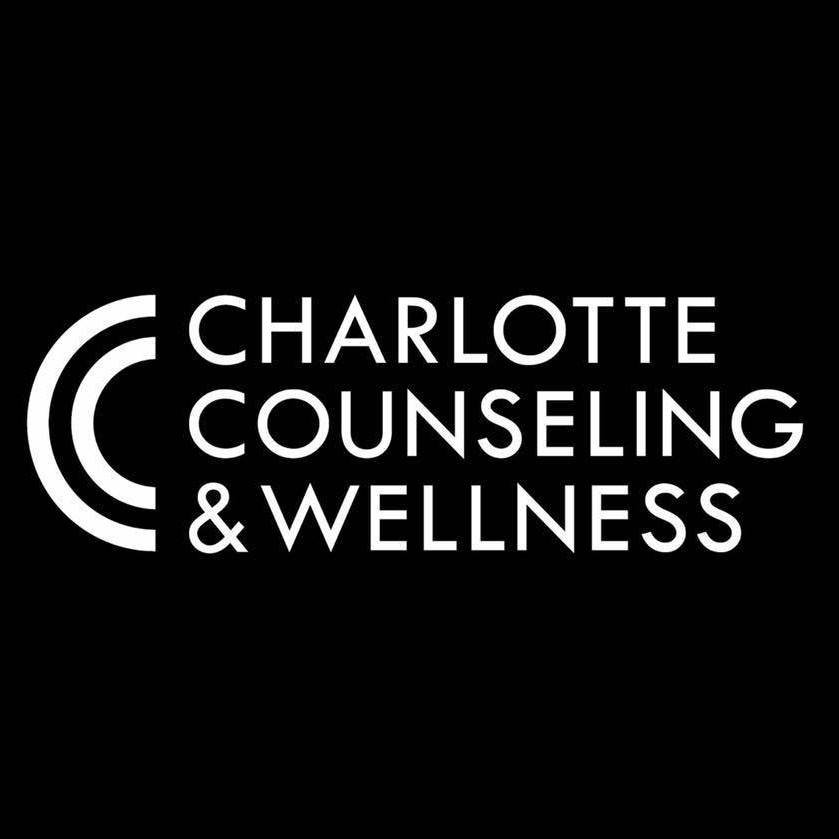Why Do I Keep Falling for the Same Wrong Person?
Why Do I Keep Falling for the Same Wrong Person?
And Why Am I So Sad We Broke Up?
We’re romantic. We’re hopeful. We believe in “Happily Ever After…”
We crave the kind of connection that is healthy, loving, and supportive, but we keep getting into relationships that don’t look like that at all. Is it them, or is it us?
Well, it’s both. And neither.
1. It’s Biology.
When we are first interested in someone, we are flooded with the hormones dopamine and norepinephrine, which leads to giddiness and euphoria. These hormones also reduce appetite and the ability to sleep. Sound familiar? We think the other person is just about perfect. We tell our friends all about them. We daydream about our future life together.
What we don’t do is look long and hard at who they actually are, and how we actually fit together.
At the same time, a reduction in the hormone serotonin causes us to be a bit obsessive. We notice the positive things—and enhance them. “He was so attentive on our date. He really cares about me.” We notice the negatives, but we discount them: “Sure, he was a jerk to the waiter, but he was all stressed out from the terrible traffic on the way over.”
Once we have sex, the hormone situation gets even more complicated. After orgasm, a woman’s body releases oxytocin, the bonding hormone. So, when he’s snoring away 20 seconds after it’s over, and she is lying there naming the children, that’s biology.
This is why it’s never a good idea to make a long-term commitment before the hormones die down and the “honeymoon phase” is over. Beware…this process can take anywhere from three months to three years. It helps to know yourself and your usual relationship time frame. And to have a good friend on hand for an objective opinion.
2. It’s History.
When we are young children we develop ways of responding to what we perceive as a threat. This threat might be something like an unsafe home life or an overly critical parent. As children we learn ways of adapting to these situations that work well for us at the time, sometimes even saving our little lives.
As an adult, our pattern of withdrawing and putting up walls to protect our emotional self is not as useful as it was when we were a child. Or maybe we feel angry all the time and have trouble controlling our emotions. Or we are depressed, which is what can happen when we turn this anger inward. These patterns we learned as children can get us into some real trouble in our adult relationships.
Now back to the original question: Why do I keep falling in love with the same wrong person?
When we have developed patterns of thinking, feeling, and behaving that protected us as children, but no longer work for us as adults, we tend to partner up with people who have developed “opposite” coping mechanisms. For example, often people who tend to withdraw and shut down emotionally, partner with people whose coping mechanism is anger or heightened emotion.
Their dysfunction feeds our dysfunction, and we get stuck in a cycle where each of us triggers the other. This goes on until one partner changes the dynamic, or we simply break up–hurt and confused about why we ended up in the same place we did in our last relationship.
Help! How do I fix this?
There is a way to break free of these unhealthy patterns and learn to relate to your partner in a different way, a way that will serve you much better not only in your relationship with your partner but with everyone else in your life as well.
Psychotherapy can help you identify and change the patterns that have been getting you stuck in your relationships. You can do this as an individual or as a couple. If one person changes the dance, the other person has to adapt, one way or another.
You can be happy to come home at the end of the day to your partner (most days!) and look forward to spending time together. You can have a partner who understands you and will believe in you when you don’t have the bandwidth to believe in yourself.
So stay romantic, stay hopeful– but stay aware.
Know that the euphoria you feel at the beginning won’t last, and know that it will be easy to fall back into old patterns when you are stressed, tired, or hangry.
Building a healthy and supportive relationship is a lifelong process. Life happens. We change. The best relationships are the ones where both partners are committed to learning and growing as individuals, as well as in the couple.
Happily ever after is a fairy tale ending, but with persistence and the willingness to do what it takes to grow and change (and, let’s face it, a little luck) you can come pretty close.
Do you find yourself in a relationship pattern you'd like to change? We're here to help. Call Charlotte Counseling & Wellness to get started today.
Amy McManus, MA, LMFT, has a private practice in Los Angeles where she works with high functioning young adults who struggle with anxiety and relationship issues. Clients appreciate her straightforward, enthusiastic style, and enjoy finding ways to get out of their “stuck” places and live a more meaningful and joyous life. You can read more of Amy’s blogs on relationships, adulting, and how to reduce stress at www.thrivetherapyla.com.
